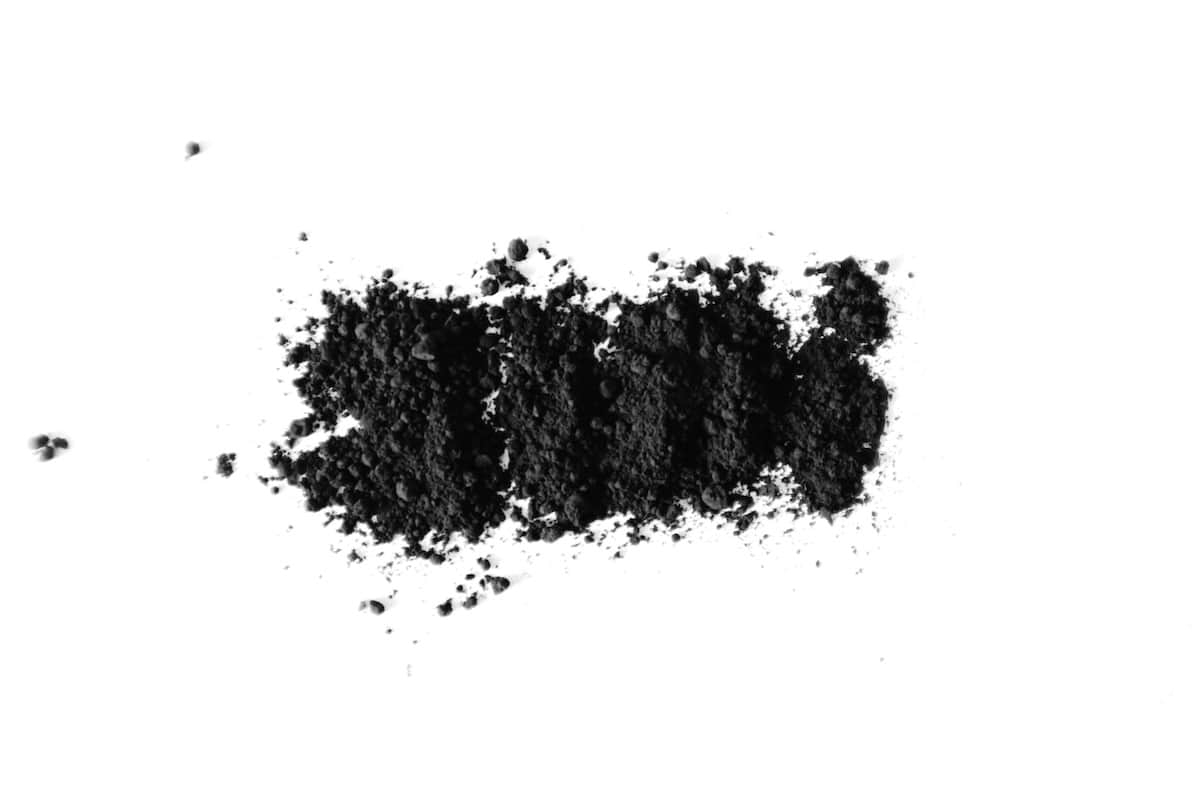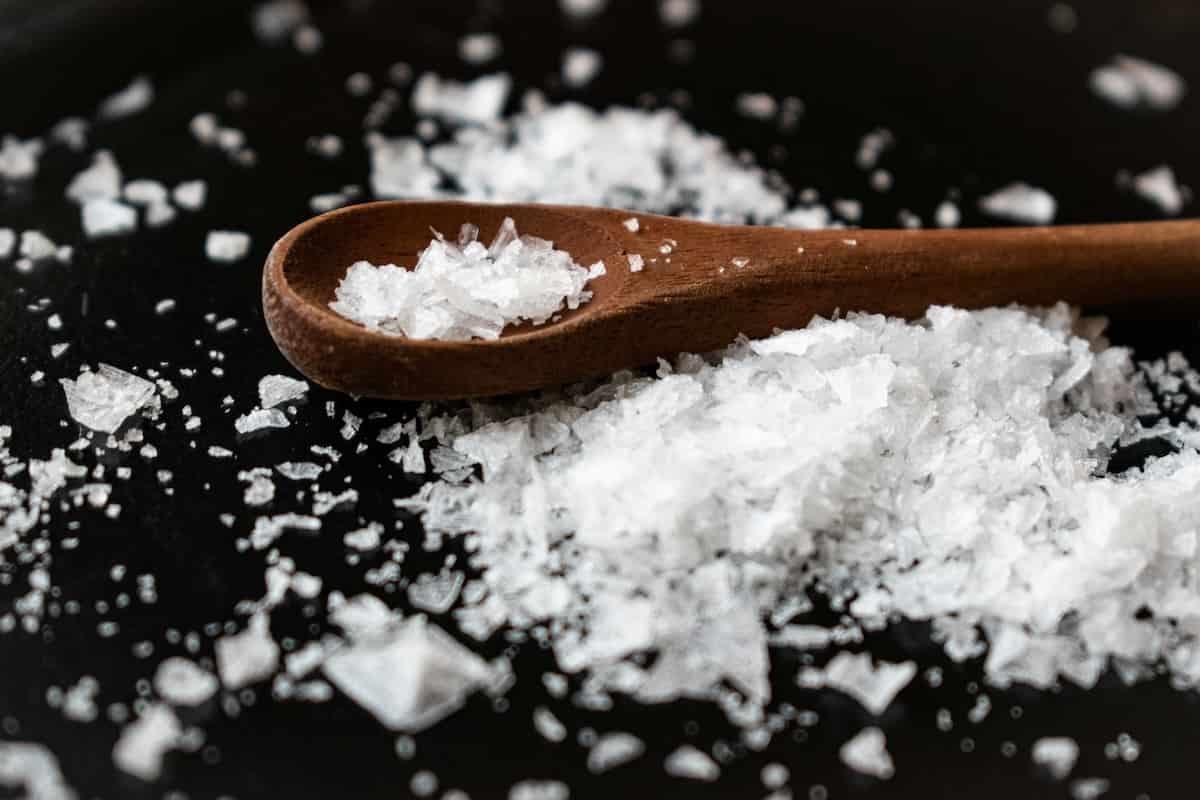Last update: January 20, 2025
5 minute read
The Health Benefits of Iron
Learn what iron is and all the health benefits this essential mineral provides for your body and mind.

By Stephanie Wright, RN, BSN
Edited by Dr. Jacquie Leone, NMD, HN

Iron is an important mineral our body needs. It helps carry oxygen in our blood and gives us energy. Many people don't know how good iron is for their health. Let's learn more about why iron is so important and its benefits.
What is iron?
Iron is an essential trace mineral necessary for good health. It's found in all human cells and is required as a cofactor in hundreds of biochemical processes. Your body uses most iron to form the protein hemoglobin needed for healthy red blood cells that transport oxygen around your body.

Health benefits of iron
From improving your immune function to helping you maintain iron homeostasis, when you find a good source of iron, it can have amazing effects on the human body. If you're trying to hit your daily iron requirements, oral iron supplements can help you maintain your levels. Here are some of the fantastic health benefits of iron.
1. Boosts energy
Optimizing your iron levels ensures efficient oxygen transportation to every cell in the body, supporting the production of cellular energy (ATP) by the mitochondria. This enhances productivity and quality of life. When you're hitting your daily iron requirements and improving your overall iron availability, it can have a noticeable effect on your energy levels and alertness.
2. Essential for a healthy pregnancy
Women's iron demands increase during pregnancy, with the recommended dose moving up to 27 mg per day. This is because blood volume and oxygen need to increase during pregnancy for the fetus. Additionally, it supports fetal DNA production and the growth and development of the brain, red blood cells, and muscle cells.
3. Improves exercise performance
The muscles need significantly more oxygen and energy during exercise, making iron a critical nutrient for optimal physical performance and strength. In addition, athletes and exercise enthusiasts need to pay special attention to iron consumption because engaging in intense exercise increases susceptibility to low iron levels. This is particularly true for female athletes.
4. Optimal cognitive function
The brain is an organ with a high energy and oxygen demand, so healthy iron levels are vital for neurological health and optimal cognitive function. A 2019 study discussed how iron deficiencies play a big part in brain development and metabolism.
It found that iron supplementation improved iron levels and resulted in better cognitive function, IQ scores, and concentration in anemic children. Iron can't be made in the body and must be obtained from the diet.
A byproduct of hemoglobin breakdown, heme iron is the most bioavailable form found in animal products—particularly red meat and seafood. This makes it difficult for some vegetarians and vegans to get enough iron from their diet, leading to iron deficiency.
However, some alternatives can help combat iron deficiency. Non-heme is less absorbable in plant foods like legumes, whole grains, dates, nuts, seeds, and green leafy vegetables like spinach.
How does iron work?
As a cofactor in DNA synthesis and many enzymatic processes, iron is necessary for growth and development, a healthy metabolism, and many other aspects of health. However, its main role involves producing a protein called hemoglobin, which is needed to form healthy red blood cells.
About two-thirds of the body's iron is found in hemoglobin. In red blood cells, hemoglobin binds to and transports oxygen throughout the body, transferring it from the lungs to all your living cells.
A portion of iron is also found in myoglobin in muscle cells, allowing the muscles to store and use oxygen. You can't exist without oxygen; it's essential for the optimal function of every cell, tissue, and organ. Without sufficient iron, red blood cells become malformed, and their oxygen-carrying capacity drops, resulting in anemia, confusion, fatigue, and weakness.
Do I need to take an iron supplement?
If you're worried about your iron, remember this: foods like red meat, beans, and cereals might not be getting you the amount of iron your body needs. In that case, your doctor may suggest iron pills to give you a boost. Prenatal vitamins often have iron in them, but not always enough, so it's a good idea to check with your doctor before taking any kind of supplement.
Frequently asked questions (FAQ)
Final thoughts
From boosting energy levels to supporting the unique demands of pregnancy, iron stands as a reliable ally in the quest for good health. It proves essential in optimizing cognitive function and enhancing exercise performance.
Understanding your specific iron requirements is crucial, as they fluctuate with age, gender, and life stages. It's important to take a mindful approach to your iron intake.
Sources
- Iron Metabolism and Immune Regulation
- Influence of iron supplementation on fatigue, mood states and sweating profiles of healthy non-anemic athletes during a training exercise: A double-blind, randomized, placebo-controlled, parallel-group study - PMC
- Iron - Consumer”
- Iron Metabolism in Normal and Pathological Pregnancies and Fetal Consequences
- Iron Metabolism following Twice a Day Endurance Exercise in Female Long-Distance Runners
- Iron Deficiency, Cognitive Functions, and Neurobehavioral Disorders in Children
- Effect of iron supplementation during lactation on maternal iron status and oxidative stress: A randomized controlled trial - PMC.
Author

Stephanie Wright
Stephanie brings over 13 years of diverse nursing experience to the table, having honed her expertise in critical care, mental health, and utilization management. Her journey as a registered nurse across these various healthcare sectors underscores her adaptability and deep commitment to patient care.
Fact checker

Dr. Jacquie Leone
Dr. Leone holds a BA in Psychology, a Doctorate in Naturopathic Medicine, and board certification in holistic nutrition. In addition to practicing medicine, Dr. Leone has developed and currently teaches science and nutrition courses for a nationally accredited institution. She specializes in chronic illness, gastrointestinal dysregulation, inflammatory conditions, and mental health. Her unique approach combines the wisdom of Eastern medicine with the technology and science of Western medicine, offering an integrative approach heavily focused on functional medicine.
At VitaRx, we're not just passionate about our work — we take immense pride in it. Our dedicated team of writers diligently follows strict editorial standards, ensuring that every piece of content we publish is accurate, current, and highly valuable. We don't just strive for quality; we aim for excellence.
Related posts
While you're at it, here are some other relevant articles you might be interested in.

Get your personalized vitamin recommendations in less than
5 minutes.
Get your personalized vitamin recommendations in less than
5 minutes.






